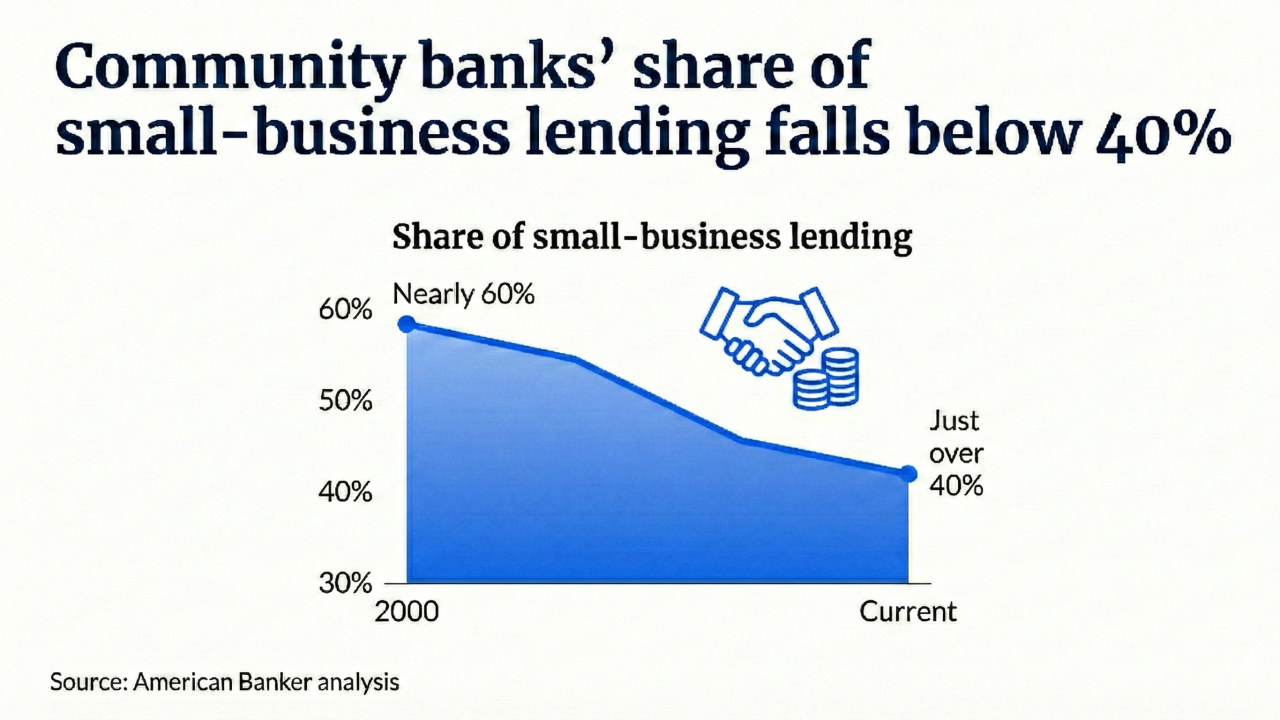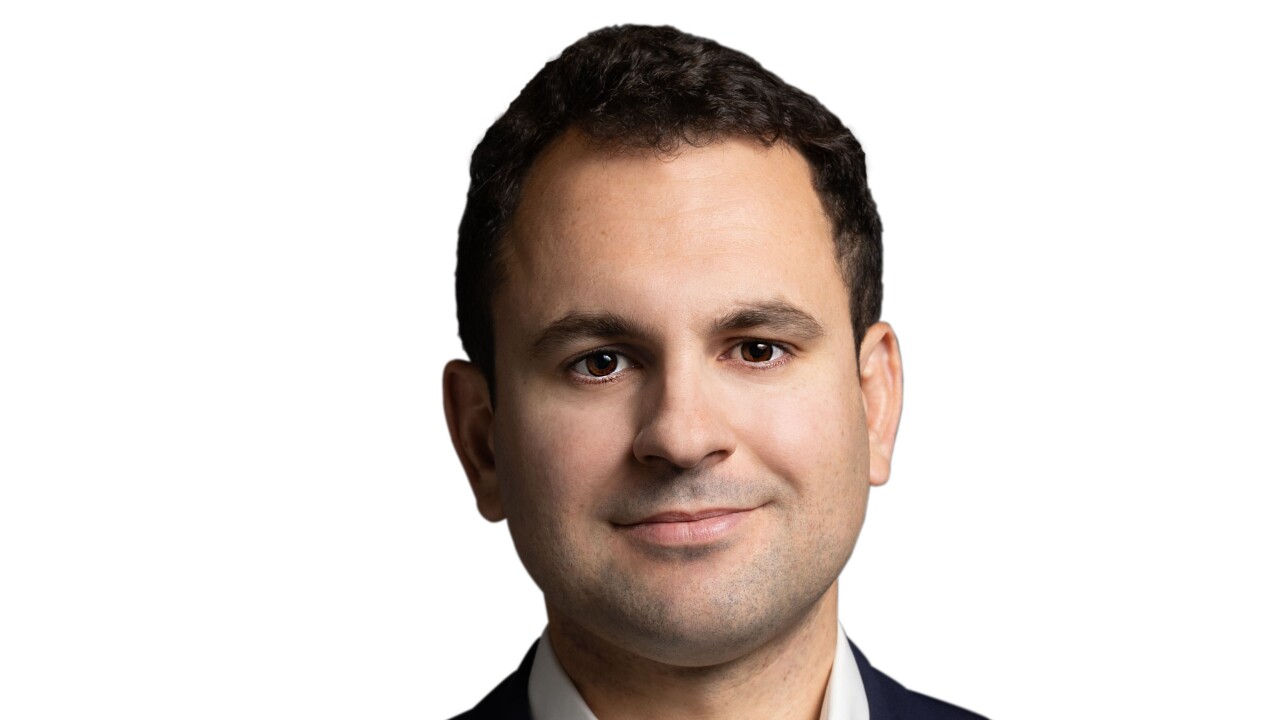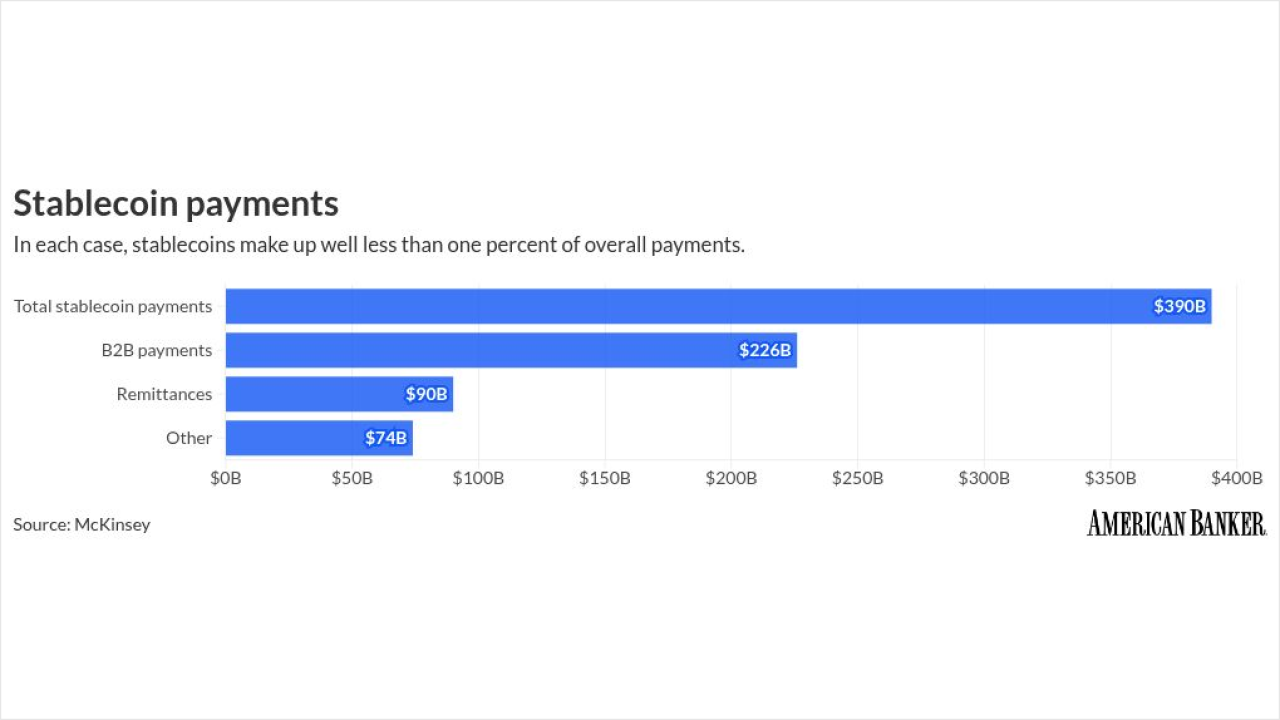FleetBoston Financial Corp. plans to let Sovereign Bancorp buy its divested branches piecemeal, alleviating some of the pressure the $1.4 billion transaction is putting on Wyomissing, Pa., thrift's capital ratios.
Dennis Marlowe, the chief financial officer of Sovereign, said the schedule would be announced at a joint press conference next week. He declined to provide details, saying that Sovereign is waiting for approval from the Department of Justice, the Federal Reserve, and the Office of Thrift Supervision.
Under the divestiture deal, made necessary by the merger of Fleet Financial Group and BankBoston Corp., Sovereign had intended to buy about 284 branches or, $11.9 billion of deposits, and $7.9 billion in loans from Fleet in one fell swoop by April 28.
But during a conference call in late January to discuss its fourth-quarter earnings, executives of the $25 billion-asset thrift told analysts that they were considering a staggered close, in which legal transfer of the branches would take place in sections.
Sovereign now plans to buy 90 BankBoston branches in Rhode Island and Connecticut by March 24; 95 Fleet branches in Massachusetts by June 20; and 97 Fleet branches in Massachusetts and New Hampshire by July 28, sources said.
Some market experts say Sovereign plans to stagger the closing because it does not have enough capital to wrap the deal up as originally planned. Since Sovereign announced its intention to buy Fleet's divested branches, its stock price has fallen almost 12%. The debt that it raised to help pay for the deal has not performed well, and its capital ratios will be severely diminished once Sovereign incorporates all of the new branches, some analysts said.
"Sovereign did not have the financial capacity to take on the deal itself," said an analyst, who requested anonymity. It also "did not have the manpower or the systems," the analyst said.
Mr. Marlowe acknowledged that the revised structure would "help out with capital ratios" but added: "We opted to do a staggered close because it is much more customer-friendly When you do a complete branch sale, there is confusion in the market for customers. We want to create as little of that as possible."
Some analysts said they are more optimistic about the branch deal now. Lori Appelbaum, an analyst at Goldman Sachs & Co., offered: "Fleet gets to hold on to its deposits for a longer period of time, meaning that they will be getting added revenue. Another positive is that this deal will finally have some closure, and the uncertainty that was putting pressure on Fleet's stock is dissipating."
James Ackor, an analyst at Tucker Anthony Cleary Gull in Portland, Maine, said Sovereign would also benefit.
"This is just one cautionary measure to make the closing of the deal seamless and effective," Mr. Ackor said. "The extra time will enable Sovereign to get their infrastructure in place and to retain as many customers as possible."
Sovereign cannot afford to mess up, Mr. Ackor said. "A delay in paying will help them with their capital ratios."
At the same time, the longer Fleet keeps the branches, the less money is flowing to the bottom line - but it's much better for the company to err on the side of caution, Mr. Ackor said.
On Feb. 2, Mr. Ackor - one of many analysts who initially were skeptical of the deal - notified clients that Sovereign would have to "go to the capital markets" because the Office of Thrift Supervision believed its capital ratios would not be sufficient to support the added branches.
After talking with the company, Mr. Ackor retracted, saying that "the information about the company going to the capital markets was not accurate."
Mr. Ackor released another note Feb. 8 in which he said Sovereign would attempt to allay regulators' concerns through a restructured financing.
"We still believe the capital structure remains a concern for the OTS," Mr. Ackor said Thursday. He said his Feb. 8 note concluded that "capital ratios of the combined company will still be an issue. And while the company does not plan to access to the capital markets, it will seek to come up with a more creative way to address the OTS' concerns."





